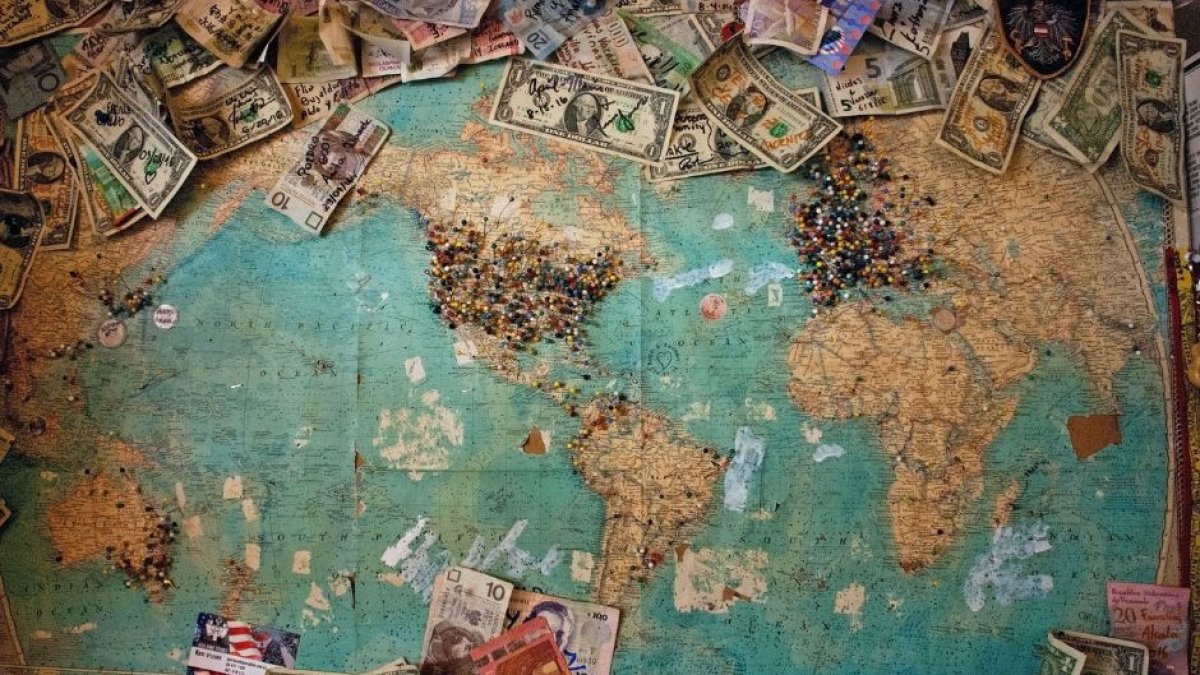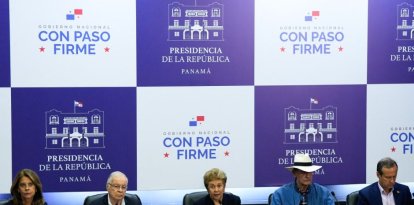U.S. intelligence alleges Russia funding candidates and like-minded parties in third world countries
Payments in excess of three hundred million dollars have been detected.

Unsplash
U.S. intelligence services have discovered that Russian President Vladimir Putin has made payments worth more than 300 million dollars to like-minded parties and candidates far from its borders in order to garner influence, destabilize democracies and gain leverage in these countries.
According to the agents' review, the transfers would have been located across more than two dozen states since 2014. A senior official, who requested anonymity, said that evidence has been found in Europe (Albania, Montenegro...), Africa (Madagascar) and South America (Ecuador).
Putting an end to this dangerous game
The Biden Administration has decided to go public to put an end to this dangerous game:
Within the modus operandi for making these payments, the investigators point out different methods. From the delivery of millions of dollars in cash to directly related candidates (as happened in an Asian country and whose name they did not want to make public), through the creation of fictitious companies, financing think tanks, or even encouraging and facilitating events, favorable in many cases to the extreme right.
Use of Russian embassies
To carry it out, Moscow has used cryptocurrencies, cash and gifts, often employing Russian embassy accounts and resources to do so, according to sources in the investigation.
The declassification of these documents is part of the Biden Administration's new strategy in the wake of the war in Ukraine and as a weapon to combat Russian disinformation and further weaken the Kremlin' s interests and influence in these places. To this end, in a cable - now made public - to more than 100 embassies, it denounces these facts and suggests measures that the United States and its allies can take to counter them, such as sanctions, travel bans or the expulsion of alleged spies involved in political financing activities.
Just the tip of the iceberg
US intelligence fears that this "is just the tip of the iceberg", and that "in the coming months, Russia may increasingly draw on its toolbox of covert influence, including disguised political financing in Central and South America, Africa, the Middle East and Asia, in an attempt to undermine the effectiveness of international sanctions and maintain its influence in these regions in the midst of its ongoing war in Ukraine."
To combat this, allied intelligence services are being asked to share all the information they have in this regard in order to complete the puzzle that Russia is putting together.
























